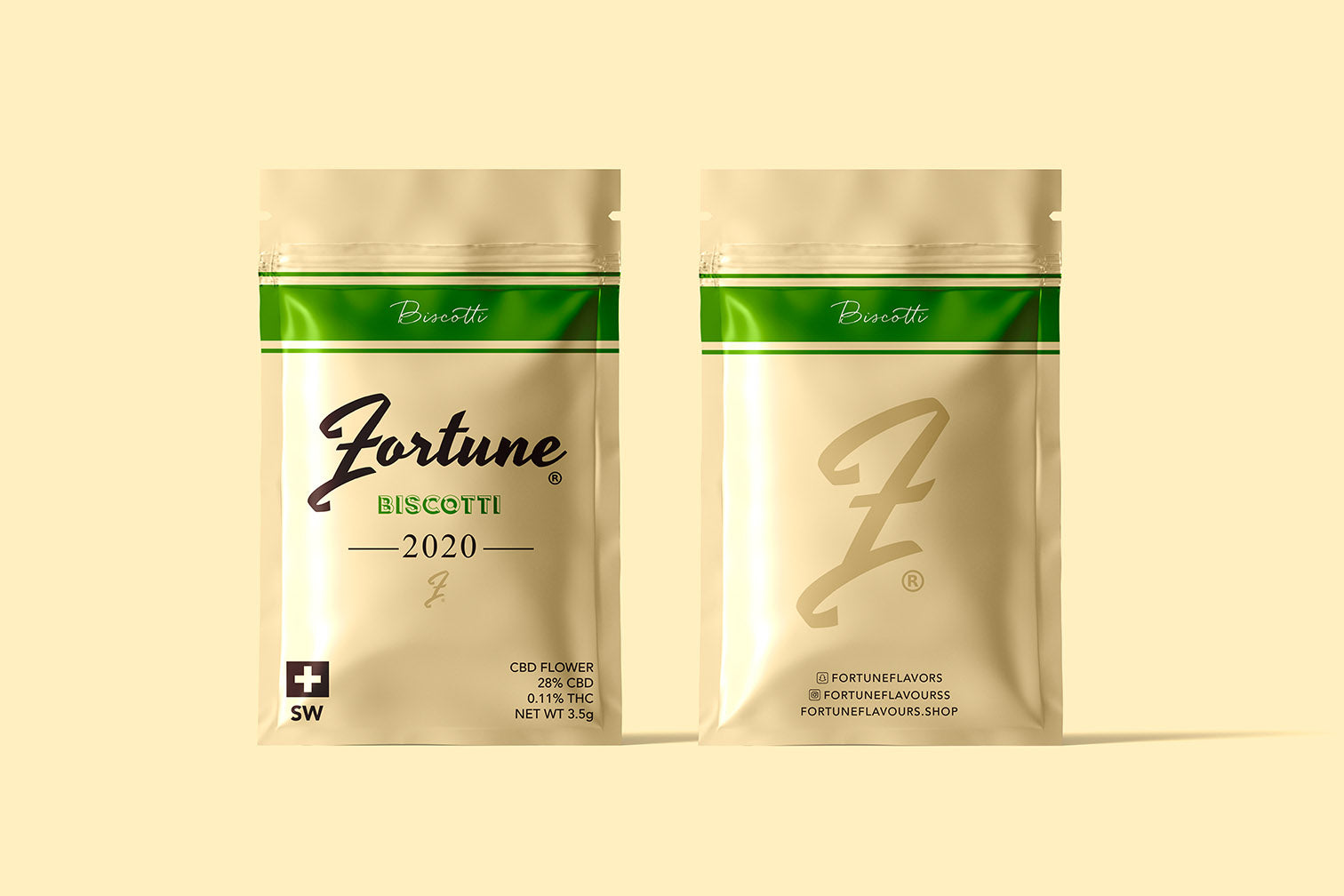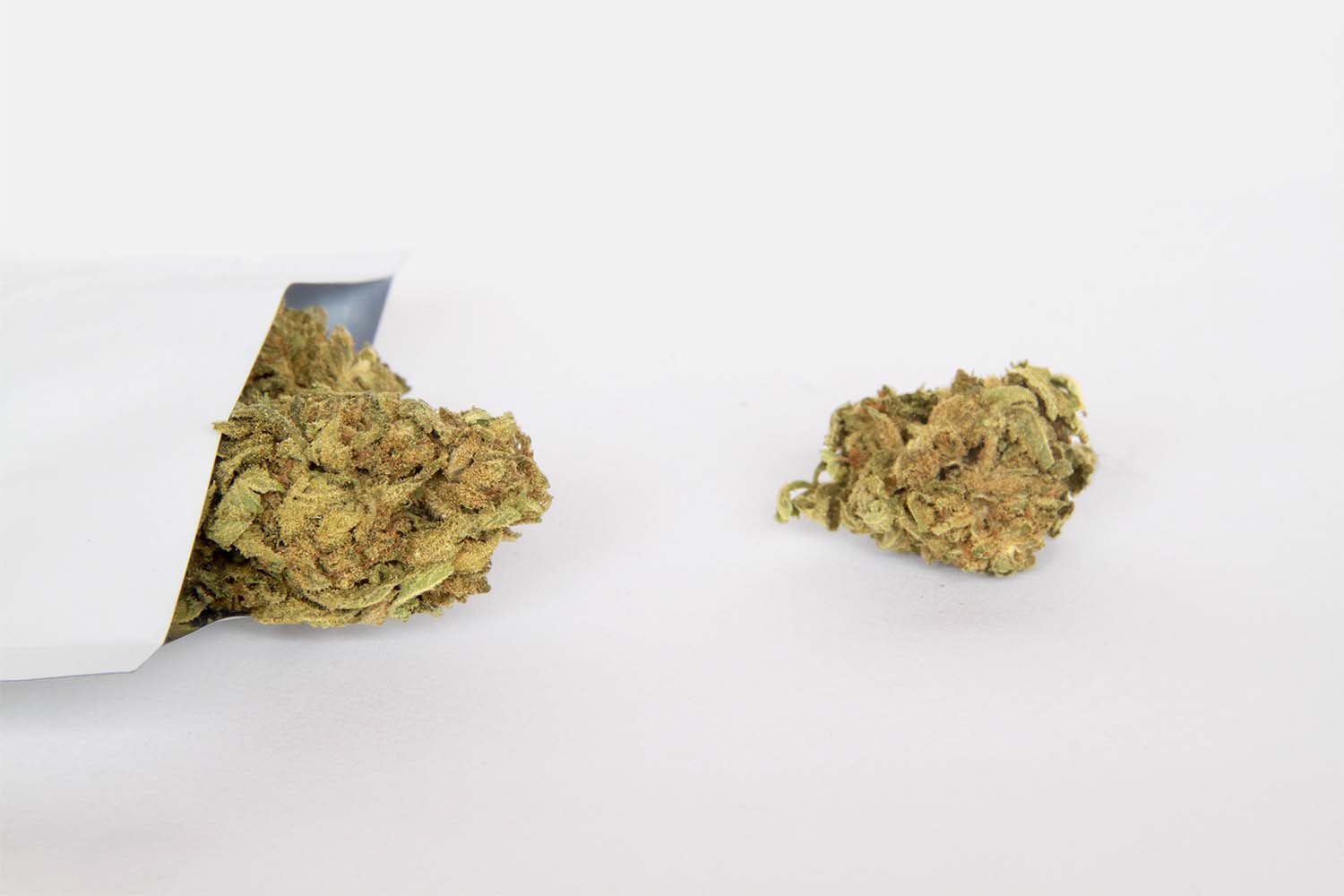People who are unacquainted with cannabis often wonder; ‘what is hemp? ‘Is there any difference between hemp and marijuana? These questions are quite valid, as there are some misconceptions when it comes to these terms. To put it simply, both hemp and marijuana belong to the same biological classification of the cannabis plant. They are just two different names for the cannabis plant and are not distinct species.
However, there are several key differences between them. This post will discuss these in detail, as well as outlining hemp oil benefits and whether you can smoke hemp.
Read our similar blog on: Benefits of Smoking & Vaping CBD
What is hemp?
Hemp is a variety of the Cannabis Sativa plant and belongs to the same genus of the plant as marijuana. Many countries differentiate between hemp and marijuana by the amount of tetrahydrocannabinol (THC) produced per dry weight of the plant. THC is the main psychoactive cannabinoid that is responsible for causing a ‘high’ or euphoric feeling.
In the US, the term ‘hemp’ refers to cannabis that contains less than 0.3% THC. The European Union (EU), on the other hand, defines industrial hemp as cannabis containing less than 0.2% THC.
Hemp is a dioecious plant, meaning it can be separated into both male and female plants. It has been widely used for more than 10,000 years for a variety of purposes. The plant’s stems are a source of fibre, the seeds are a source of protein and the leaves and flowers are used for obtaining oils and smokable portions. Hemp is grown to create a variety of products, such as:
- Clothing
- Paper
- Textiles
- Plastic
- Animal feed
- Food products, for example, hemp oil, hemp seed, hemp milk and hemp protein powder.
Since hemp grows faster than other trees and crops, it’s considered a more sustainable and viable option for making textiles and paper. Moreover, the hemp seed is quite nutritious and is a high source of protein. Also, its usage is unlikely to get you high, as it has incredibly low THC levels.
What is marijuana?
Marijuana is the cannabis that has a high THC content (greater than 0.3%) by dry weight. It is also known as weed and pot among many other terms. Some strains of marijuana are specially bred to have higher THC than others.
There are three main categorizations of the cannabis or marijuana plant: Cannabis Sativa, Cannabis Indica or a Hybrid. Each of these has its own characteristics and effects.
Marijuana’s effects can differ, depending on factors such as:
- Strain of marijuana consumed
- Level of THC content present
- Consumption method
The general effects of a marijuana ‘high’ or euphoria include altered sensory perception, with strong impacts on sight, taste, and sound.
Hemp vs Marijuana
There are other key differences between hemp and marijuana, besides the THC content they contain. These have to do with their physical characteristics as well as how both these plants are cultivated and harvested. Hemp plants are usually thinner and taller than marijuana plants. They are mostly cultivated outdoors, while marijuana plants are almost always planted in a greenhouse or indoor settings.
Moreover, hemp can be grown close together. Marijuana cultivation, on the other hand, requires abundant spacing to reduce the risk of bacteria or mould.
Can you smoke hemp and get high?
Yes, you can smoke hemp if you really want to. However, it won’t get you high. In fact, smoking is not exactly the best way to reap the potential therapeutic benefits of all the cannabinoids that this plant is rich in, particularly CBD. If you’re looking to try CBD, smoking hemp is not the best option. You are better served by consuming a hemp-derived CBD product such as CBD tincture or oil.
Read our similar blog on: Can you Smoke Hemp?
What is hemp oil?
Hempseed oil or hemp oil is harvested by cold pressing the ripened seeds of hemp plants. It is often unrefined and can have a nutty flavour. While hempseed oil contains insignificant levels of CBD and barely any THC, it has other beneficial compounds. It is rich in essential Omega-3 and Omega-6 fatty acids, vitamins A and D, minerals, and other amino acids. It can act as a great addition to your health supplements.
Several people use the terms ‘CBD oil’ and ‘hemp oil’ interchangeably. However, they are two very different things. The main difference is where the oil comes from. Hemp oil is basically sourced from the seeds of the hemp plant. Hence the name, hempseed oil.
On the other hand, CBD oil, or CBD hemp oil, is obtained from the flowers, leaves, and stems of the hemp plant. This oil naturally contains high levels of cannabidiol (CBD) and low levels of THC.
Hemp oil UK: What are the benefits?
Hemp oil is a popular remedy for a variety of ailments. Anecdotal evidence of its benefits points to everything ranging from its acne-clearing properties to improving brain and heart health. While some of these claims haven’t been proven yet by any clinical research, there is data available that suggests hempseed oil’s effectiveness for certain health issues.
Hemp oil and inflammation
Hemp oil is rich in polyunsaturated fatty acids (PUFAs), such as omega-3 and omega 6. These are vital for the normal functioning of all body systems. A 2011 study suggests that the inclusion of omega-3s (such as those present in hemp oil) in your diet can help reduce inflammation. Inflammation can be a contributing factor to ailments such as heart disease.
Moreover, a 2014 study exploring the lipid profile of hemp seed oil also concludes that it is rich in fatty acids and healthful oils. The plentiful quantity of fatty acids may make hempseed oil the perfect choice for nourishing the skin. It can potentially protect the skin from oxidation, inflammation as well as other causes of ageing.
Hemp oil and skin conditions
A 2014 article indicates that topical application of hempseed oil may strengthen the skin and make it more resistant to bacterial, viral, and fungal infections. It also suggests that hempseed oil may be an effective treatment for several skin conditions, including:
- Eczema: A 20-week study conducted in 2005 concluded that dietary hemp oil showed an improvement of eczema symptoms.
- Acne: A 2014 study concluded that hemp oil may be a powerful and potentially universal acne clearing treatment. The study also stated the need for clinical trials to fine-tune ways to take the best advantage of its benefits.
- Lichen planus: A 2014 article suggests that cbd hemp oil uk is effective for the treatment of lichen planus, an inflammatory skin condition.
- Psoriasis: A 2015 study suggests that omega-3 fatty acids, when taken as a nutritional supplement, may be effective in the treatment of psoriasis. The study also indicates that these should be taken in conjunction with oral retinoids, UVB phototherapy and topical vitamin D.
Brain health
The brain requires plenty of essential healthful fats to operate properly. Hempseed oil is full of such fatty acids is therefore excellent for brain health. Moreover, it is also rich in other compounds that may help protect and nurture the brain.
A recent study in mice discovered that hemp seed extract containing these nutritious compounds helped protect the brain against inflammation. The study’s authors noted that hempseed oil contained polyphenols, which might play a major role in protecting the brain.
Although these initial results do look promising, scientists still need to carry out extensive clinical trials in humans to confirm the benefits of this oil.
Heart health
The abundant nutrient profile of hempseed oil indicates that it may be good for the heart too. A study in the journal Nutrition and Metabolism draws attention to the nutrient profile of hemp seeds. It notes that these might have a positive impact on various health issues, such as atherosclerosis, high blood pressure and high cholesterol levels.
Moreover, a 2014 review suggests that an increase in alpha-linolenic acid (a fatty acid found in hemp oil), significantly reduces the risk of cardiovascular disease. Doctors often refer to this fatty acid as linolenic acid. It is also present in flaxseed oil and fish oils.
However, the researchers do conclude that there is a need for more clinical trials and studies to confirm these results.
Read our similar blog on: CBD For Pain
Conclusion
Now that you have a detailed answer to your question ‘what is hemp’, you will be better able to make an informed decision regarding its usage. Hemp, unlike marijuana, contains trace amounts of THC and will not get you high.
Hempseed oil is quite popular for treating various ailments and medical research does indicate some health benefits of using it like CBD Flowers. However, more research needs to be undertaken in humans to reach a solid conclusion regarding these benefits.
If you liked reading this, be sure to check our other blog on: The ultimate CBD Guide


